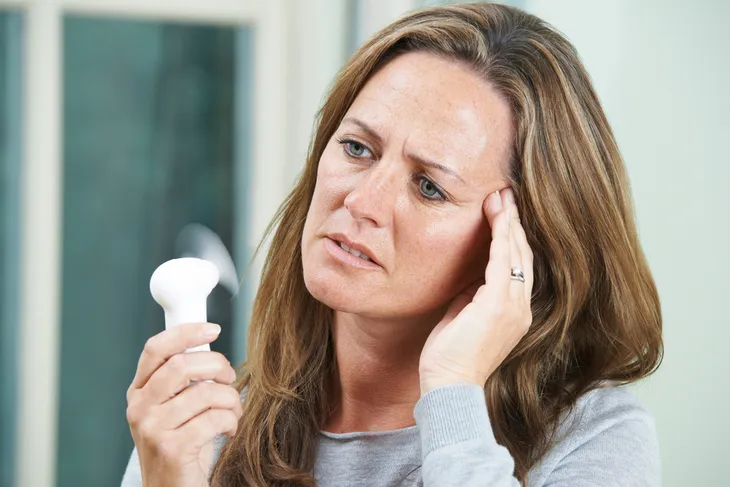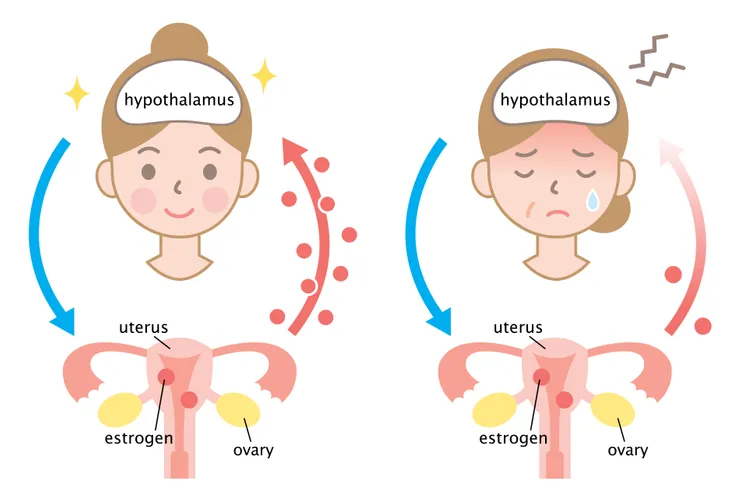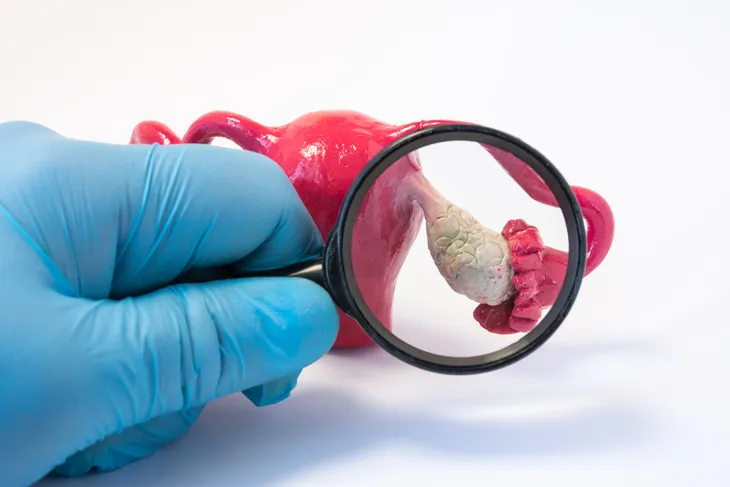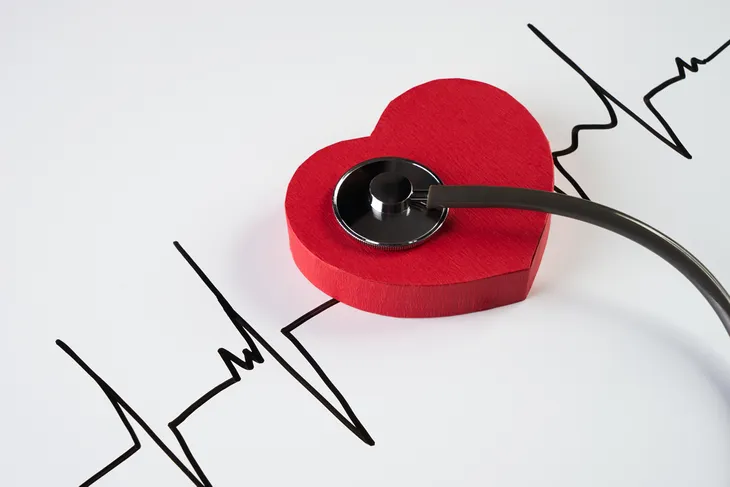According to the North American Menopause Society, roughly 80-percent of women experience hot flashes during perimenopause, or the interval of time prior to your final menstrual cycle before menopause. That means the majority of women in their menopausal years will experience hot flashes.
Aside from the obvious sweat and high temperatures that come with a hot flash, here’s what occurs when the female body turns up the heat…
What is a Hot Flash?
Most women who experience a hot flashes report experiencing an overwhelming and sudden wash of intense heat, which mainly affects the face, neck and chest areas. Patients also report red, flushed skin.
However, a hot flash will often cause extreme perspiration, which when it subsides, can leave women feeling cold and chilly.
Perimenopause and Hot Flashes
The most common condition that causes hot flashes is perimenopause—or the duration of time, or transition, which occurs just prior to a woman’s final menstrual cycle (or period). Other conditions that cause hormonal imbalances (i.e., thyroid issues) can also trigger hot flashes, according to research from the Mayo Clinic.
Mayo Clinic researchers say that hot flashes and their severity differ from woman to woman. However, hot flashes can last between an hour to a few days, depending on severity, and affect the following vital bodily functions…
Emotions
When the heat turns up—so do the emotions. According to the Mayo Clinic, many premenopausal women report a sense of dread washing over them prior to experiencing a hot flash.
This sensation is a response from the brain, in particular the cortex (or cerebrum) area, which is divided into quarters of the frontal lobe, occipital lobe, temporal lobe, and parietal lobe, and powers higher brain functions—like action and thought.
Blood Vessels
It’s natural for the blood vessels to be called upon to cool down the body when the temperature heats up during a hot flash. In fact, Prevention suggests that the opening of the blood vessels is what causes that signature red and flushed appearance on the face, chest, and neck.
A natural response to heat and high temperatures, the heart rate speeds up forcing the blood vessels to dilate to release excess heat from the body. Once the blood vessels return to normal size, the body will once again feel cool.
Brain
The brain naturally responds to plummeting estrogen. However, hot flashes occur even when a woman’s body isn’t really feeling hot. According to research from the National Institutes of Health, this is due to brain confusion, which initiates a hot flash.
As estrogen levels drop, the brain, or more specifically the hypothalamus (the hormone-producing center) transmits a message that the body is overheated. The hypothalamus is also responsible for mood and appetite, which may explain a few other associated perimenopause symptoms.
Ovaries
You likely already knew that certain hormones—specifically, estrogen and progesterone—begin to decrease for women during perimenopause. Female hormone production is directly connected to your ovarian function.
In fact, according to data from the American Accreditation HealthCare Commission (ADAM) as ovary function declines during the period of perimenopause, the productions of these two impactful hormones also decreases. Even more severe hot flashes can occur in women who have both ovaries surgically removed who don’t receive hormone replacement therapy.
Heart
When stress strikes the body in any way, the heart kicks into high gear. For example, research from the National Institute on Aging indicates that when the body gets a message from the brain (hypothalamus) that it’s overheating, mood hormones will be excreted in response.
As mood hormones—such as epinephrine, serotonin, prostaglandin, and norepinephrine—circulate throughout the body, the heart rate increases and the skin (sweat glands) attempt to cool the body. The body can experience a high volume of stress as a result.










